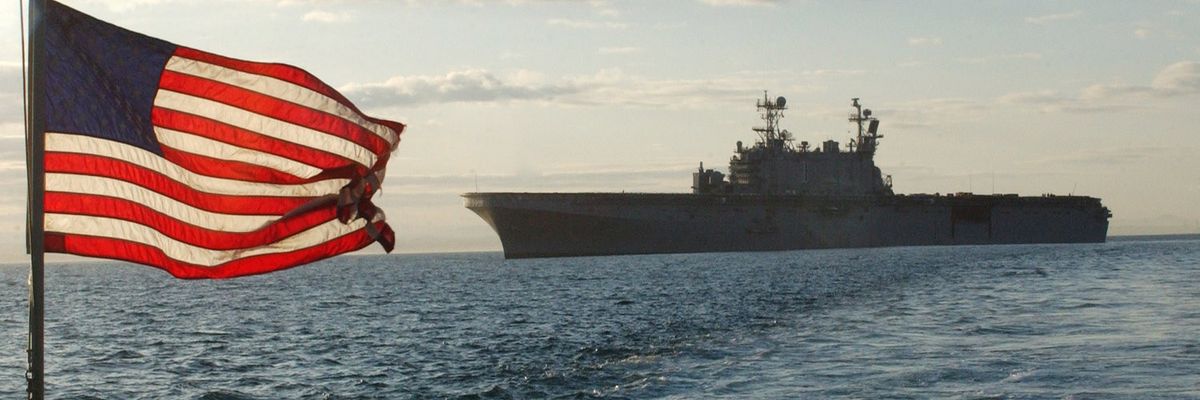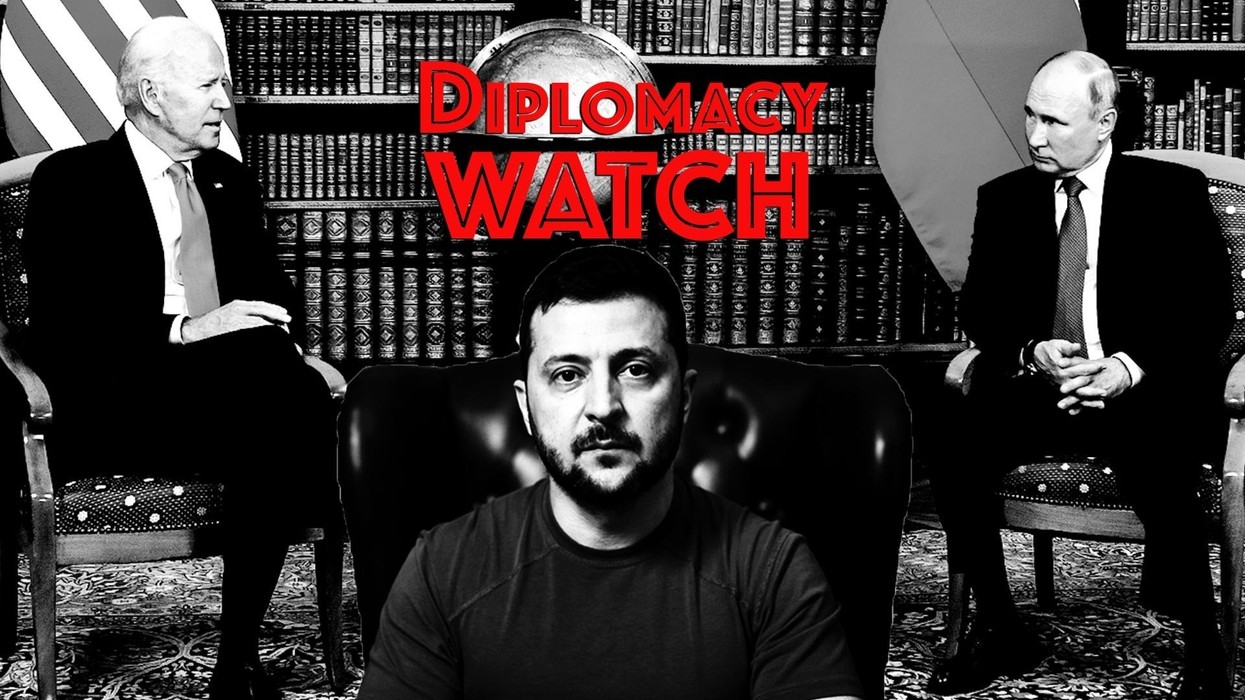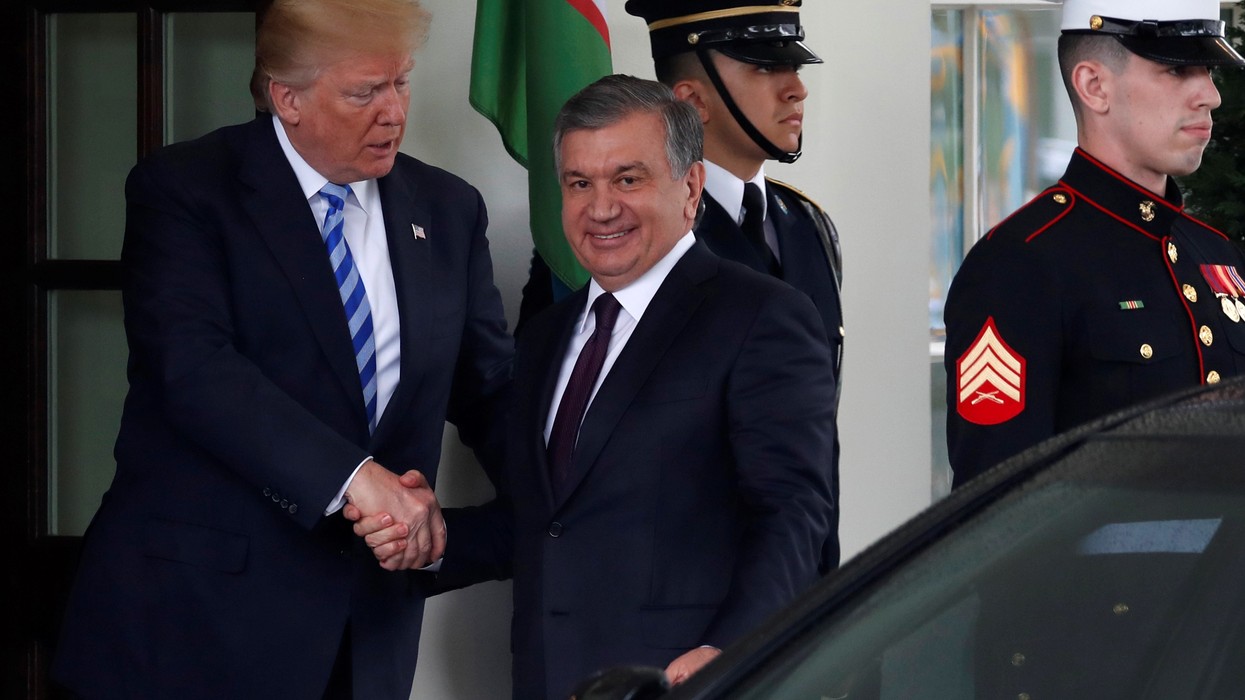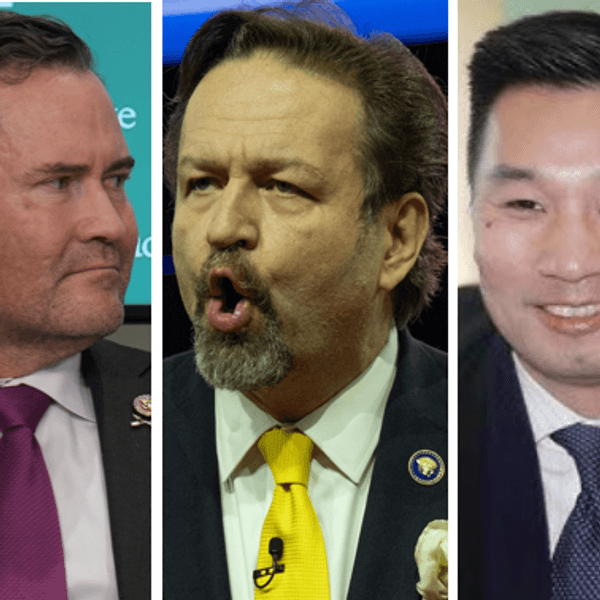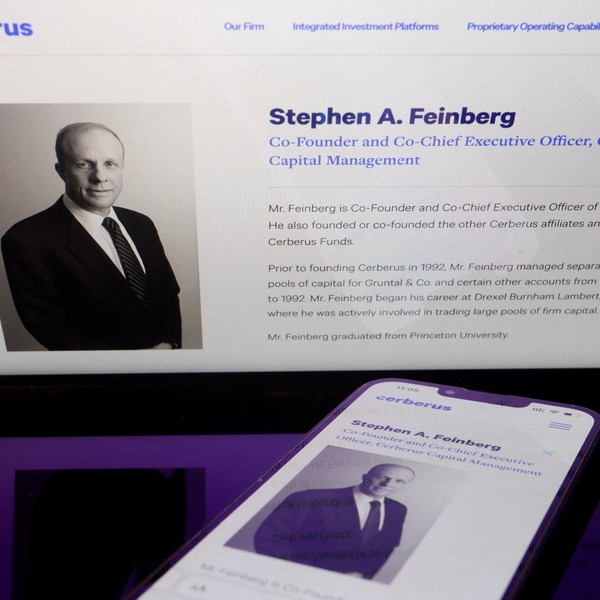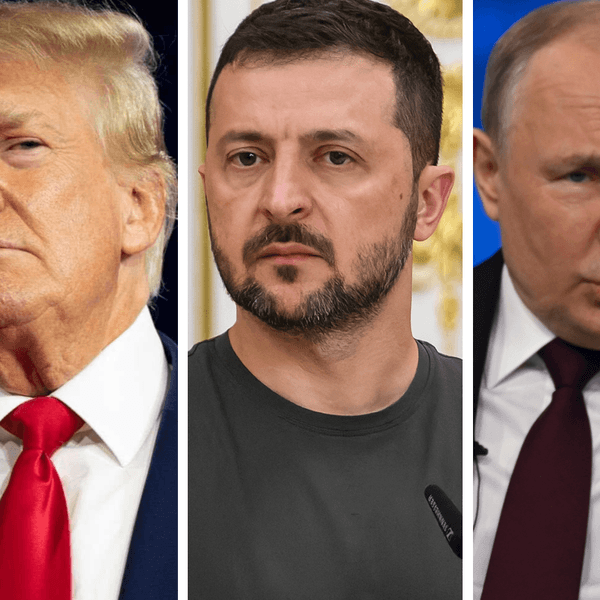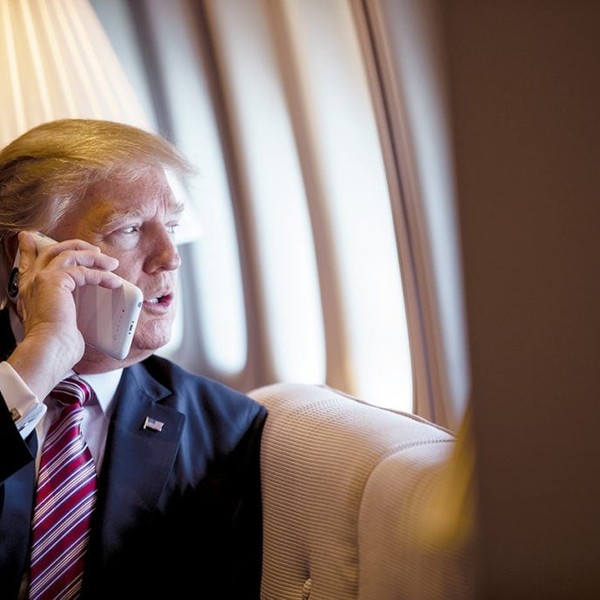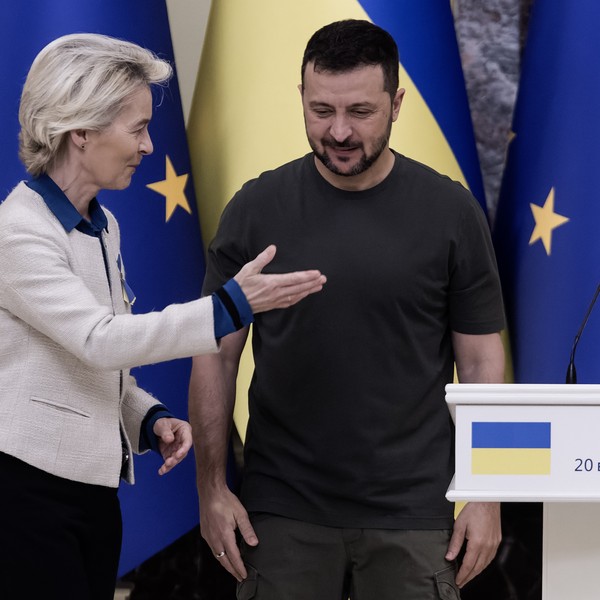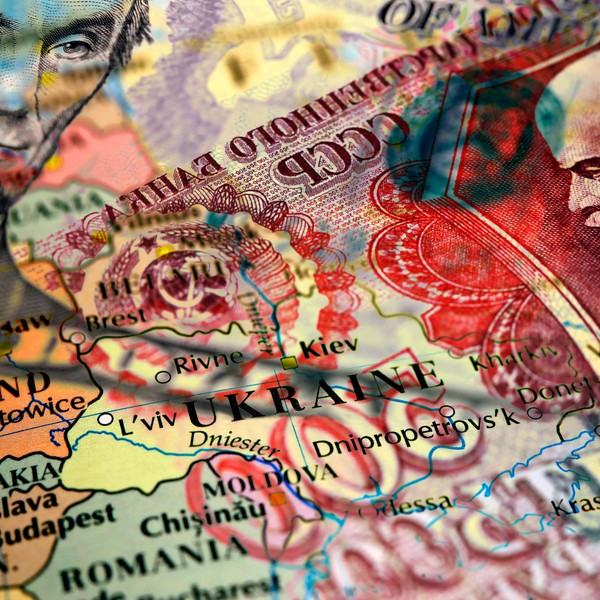The U.S. is scrambling to check the growth of Chinese influence in the Pacific nation of the Solomon Islands after Beijing struck a security pact with the islands that would allow China to dock their ships, deploy security forces to protect Chinese-built infrastructure, and help the government restore order.
The United States and Australia have been panicking ever since about a possible Chinese foothold. Washington has rushed top White House and State Department officials to Honiara to pressure their government to cancel the agreement, but this has served mostly to annoy them and signal that the U.S. doesn’t respect their sovereign decisions.
The United States routinely rails against the idea of spheres of influence when other states claim them, but in its rivalry with China the U.S. assumes that Pacific Island nations belong firmly in the American sphere of influence. U.S. entreaties are likely too late to change minds in the Solomon Islander government, and they show that the U.S. doesn’t really believe that small states get to make their own decisions when it comes to foreign policy.
The details of the final agreement with China are not yet public, but the pact is believed to be close to the leaked draft version that became available last month. According to that version, the government can request China to send police and military personnel in the event of local disorder. There was significant unrest in the country last year caused by longstanding internal divisions and resentment that the government switched its diplomatic relations from Taiwan to China three years ago.
Because of Australia’s traditional role as security provider for the country, news of the agreement with China has been received very poorly in Canberra. Australia’s Labor Party seized on the issue to criticize the coalition government and characterized it the “worst Australian foreign policy blunder in the Pacific” since WWII. There has even been some reckless talk from pundits that Australia should invade the country and bring down the government to halt the agreement.
While it is understandable that Australia has concerns about closer ties between China and one of its neighbors, the reaction to this agreement has been out of all proportion to its significance.
For its part, the U.S. has neglected the Solomon Islands and taken the country for granted for many years, and it is only when it seems to be drifting towards Beijing’s orbit that our government can be bothered to pay close attention. There hadn’t been a U.S. embassy in Honiara for almost 30 years until it announced it was being reopened earlier this year, and even that was justified as an anti-Chinese move. Washington says that it believes that small states should be able to decide for themselves about how to make their security arrangements and decide their foreign policy orientation, but it doesn’t adhere to that line when a government builds closer ties with China.
The Solomon Islands’ prime minister has assured the U.S. and Australia that its agreement with China does not pose a threat to any other state and won’t involve any China bases on their territory, but that has not stopped officials from both countries from opposing the agreement in the strongest terms.
Prime Minister Sogavare responded to the criticism by saying, “We find it very insulting…to be branded as unfit to manage our sovereign affairs.” International relations scholar Van Jackson correctly described the reaction in Australia, New Zealand, and the U.S. to the agreement as “absolutely hyperbolic.” As he said, “there is nothing about this document that represents making the Solomon Islands part of a Chinese sphere of influence.”
Jackson asks an important question about U.S. and allied goals in the broader “Indo-Pacific”: “What kind of free, open, inclusive Indo-Pacific are you building if you are literally going to try and constrain the foreign relations of independent, sovereign states?....That’s literally asserting a Western sphere of influence in trying to deny a Chinese one.”
The question of spheres of influence is a contentious one in U.S.-Chinese relations. Washington professes to abhor spheres of influence while insisting for all intents and purposes that the U.S. maintain one in the western Pacific. The U.S. casts spheres of influence as holdovers from an earlier era that have no place in the modern world, but it also carves out its own when it deems it necessary.
If the U.S. meant what it said about spheres of influence, it would not be so alarmed by the prospect of a modest security agreement between China and a small Pacific state, but by its actions our government shows just how desperately it clings to the idea that certain countries belong in the orbit of the U.S. and its allies no matter what the local government wants. If the U.S. hopes to win the trust and cooperation of Pacific and Asian nations in the coming decades, it cannot continue with a zero-sum approach that requires small countries to take sides against China.
Unfortunately, much of the commentary in the U.S. and Australia has been employing ridiculous Cold War-era rhetoric to discuss the Solomon Islands agreement. One article in Politico frames it as a “duel” between Xi and Biden that the latter has lost, and urges the U.S. to act before more “dominoes” start falling. “Who lost the Solomon Islands?” would be a premature question to ask if it weren’t so stupid, but this is what years of relentless hyping of “great power competition” encourages.
The alarmist response to China’s agreement with the Solomon Islands is reminiscent of other recent panics over developments involving China that either haven’t occurred yet or aren’t all that significant.
Many Western analysts grossly exaggerated the size and importance of an agreement between China and Iran last year with references to an “axis” or an “alliance” that doesn’t exist. More recently, the Pentagon has been sounding the alarm over a possible Chinese naval base in Equatorial Guinea that isn’t being built and wouldn’t pose much of a threat if it did exist.
China is expanding its economic and political influence, and over time that will likely include establishing more of an overseas military presence. That bears paying careful attention and requires assessing threats accurately, but it is absurd to fly into panicked fear over every modest agreement that China may be making with other countries.
The U.S. cannot neglect small nations and then expect them to fall in line when U.S. officials finally show up to complain about their relations with other states. If the U.S. wants to cultivate stronger ties with Pacific and Asian nations, it will have to make a consistent effort to work with these governments on issues of common interest. Insofar as the U.S. treats these states primarily as pawns in a rivalry with China, our government should not be surprised when some of them opt to cooperate more closely with China.
